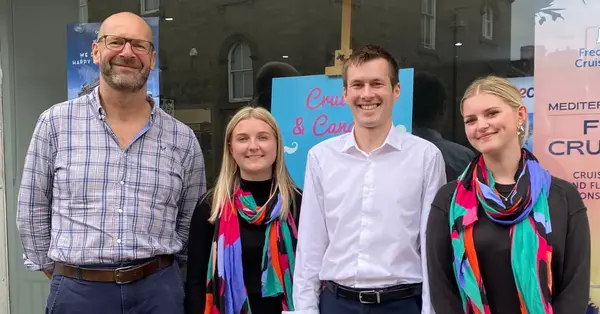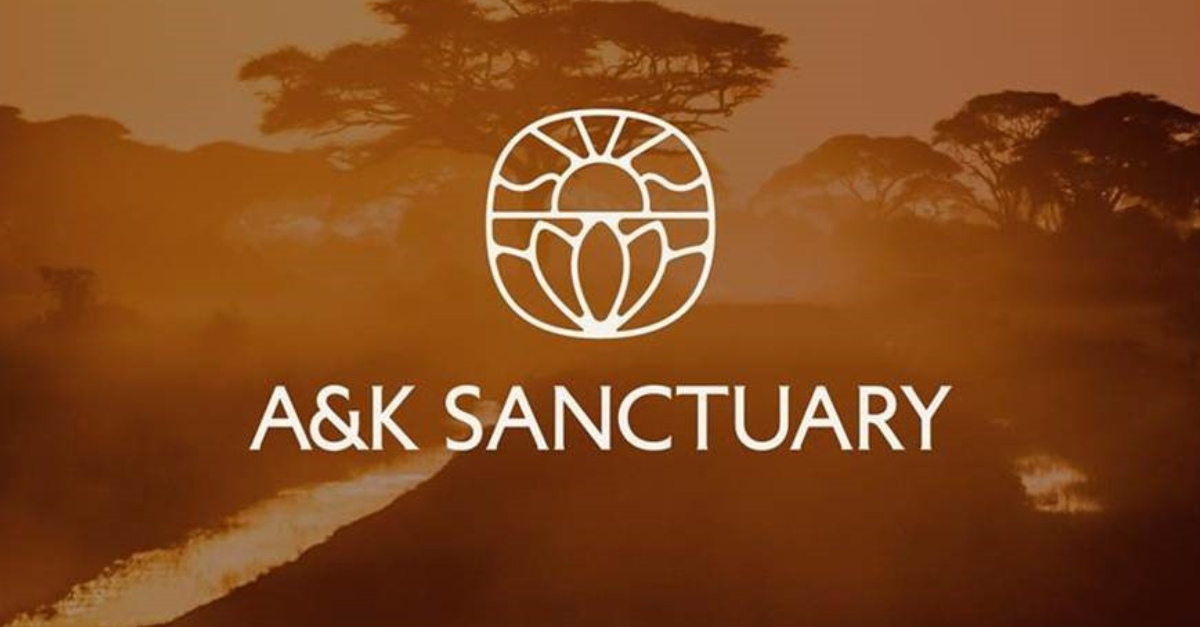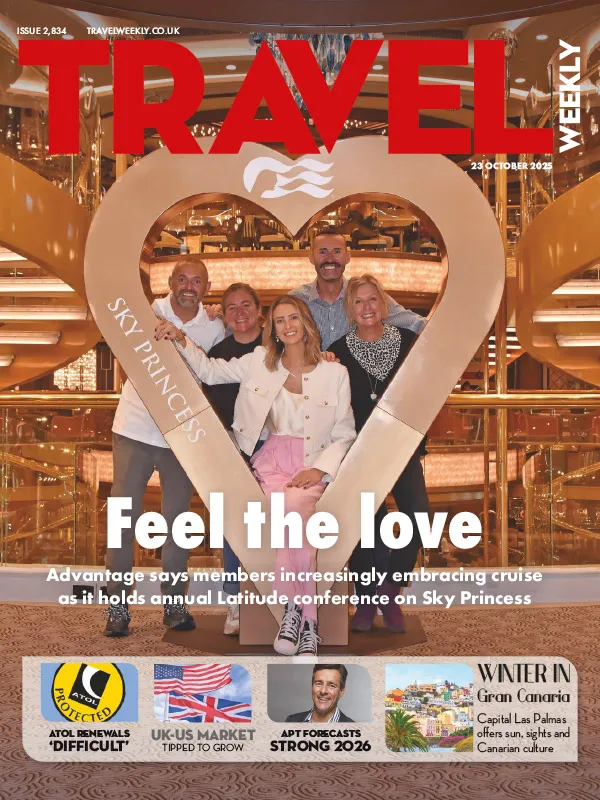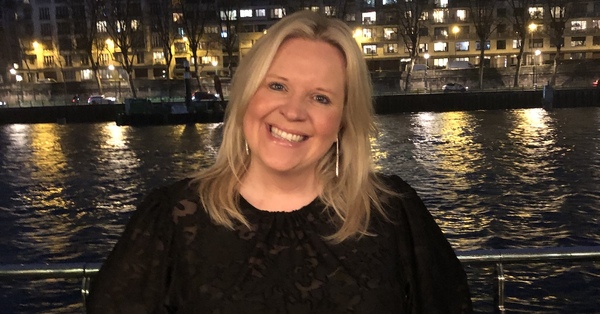Special Report: Be aware of the warning signs when spotting fraud
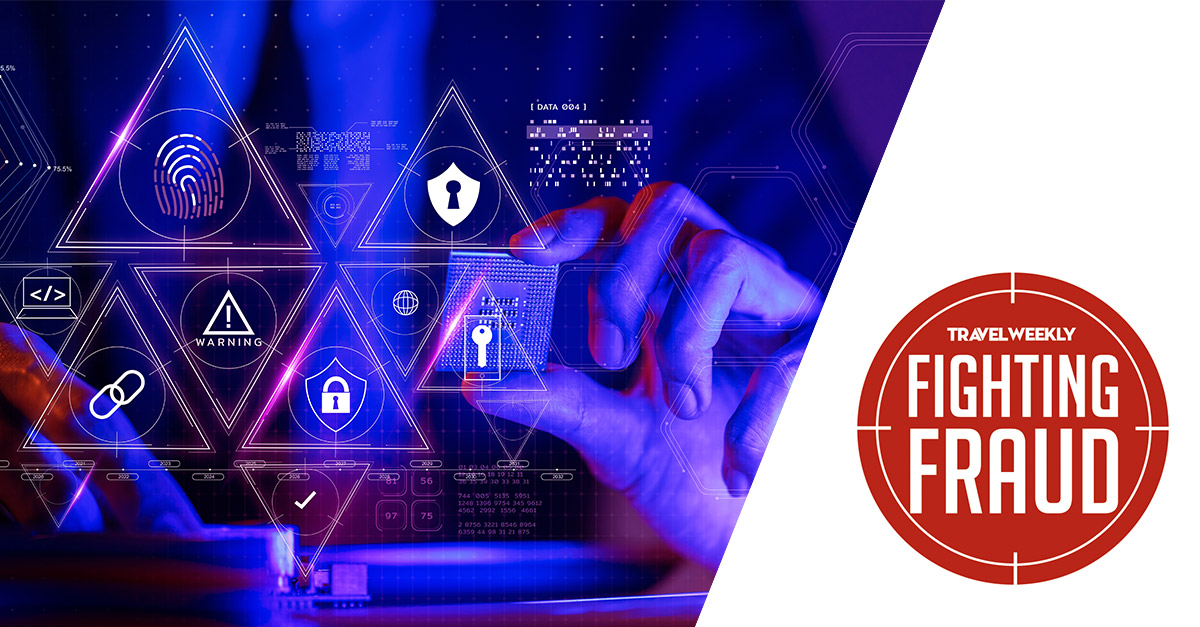
By the time travel firms realise they are dealing with a fraudster it is often too late.
With the focus for many businesses in the current climate on recouping revenues lost during Covid, it can be easy to forget the importance of ensuring staff are clued up on fraud warning signs.
: Special Report: Fraudsters ‘find weaknesses to exploit in travel security’
Abta raising awareness among members about fraud in travel
Anti-fraud group urges agents to adopt better safeguards
“Until it happens and is identified by a company, they often don’t realise it’s going on,” said Barry Gooch, chairman of anti-fraud group Profit.
“If you don’t know that something is occurring, or that something you’re seeing is an indication a fraud is occurring, then you won’t recognise it as a fraud and will be at risk.”
Train staff
Abta head of membership Danny Waine said members may fail to spot obvious warning signs if they have new staff who lack fraud training, or because they are busy and short-staffed.
As a result, Abta’s focus is on educating and training members on how to avoid fraud. “It’s about helping them to learn,” said Waine, adding: “Prevention is probably the best way to try to tackle this.”
So how do you know if the client you are booking a holiday for is, in fact, a fraudster?
Every booking is different but there are common giveaways travel firms can look out for to determine whether a booking has a higher risk.
Signs include if the client’s card number, email IP address and customer address are from different countries; a flight-only booking is departing in the next 14 days; the client is reluctant or unwilling to provide proof of identity when queried; or the client requests an unorthodox payment method, such as cash or Bitcoin, for example.
Other indicators can be if the client shows no regard for the cost of the holiday or flights being requested; uses a card that does not match the person making the purchase; or alters the departure date to within 14 days.
In recent cases, agents have also reported fraudulent clients giving elaborate stories on why they need to book last-minute, or how they were directed to the agency via existing customers, to appear genuine.
Engage in conversation
Another tactic to work out whether a booking is genuine is to engage in further conversation with the client to find out more personal details.
A genuine client should have no problem confirming personal details immediately – a fraudster may not have that information to hand.
If they do, and a clever fraudster may be prepared, Gooch suggests asking more in-depth questions.
“You may choose to ask a question based on the information they have given; where they live, like a street name near their home address, or a building of significance in the area, or who else lives at the postal address stated?” he said.
Another tactic is to ask the client to send a copy of their identity document to be verified visually.
Gooch added: “Nothing isinfallible, but by being creative you can validate bookings to reduce the risk of payment fraud.”
Four ways to check a client is genuine
? IP address: Compare the client’s email IP address location to other location details, such as their bank account and physical address, which should match.
? BIN (bank identification number): The first six of 16 digits on a credit card identifies where the credit originates, the bank and type of card. If the customer information provided suggests they are based in the UK, the BIN details should match the other details the client has given.
? Email address: Search social media to see if you can find the email address in use and look at the history of the user to help decide on the booking.
? Names: Look to see if the passenger names reoccur in your company’s other bookings.
Be nosey, says TravelTime World owner Jackie Steadman
“Asking lots of questions can deter fraudsters. If you’re suspicious, engage the client in conversation. We might ask: ‘Where do you live? Oh, that’s quite a long way out.
“How did you find us? Oh, online? You know, on a late booking, we only take bank transfer – I’m afraid we don’t take credit cards.’ Bang! That’s usually the end of the conversation.”
Image via Shutterstock / thinkhubstudio
: Special Report: Fraudsters ‘find weaknesses to exploit in travel security’
Abta raising awareness among members about fraud in travel
You have viewed both of your 2 free articles this month as an unregistered user
To continue reading, please register with Travel Weekly free of charge, or if you have already registered click here to login

